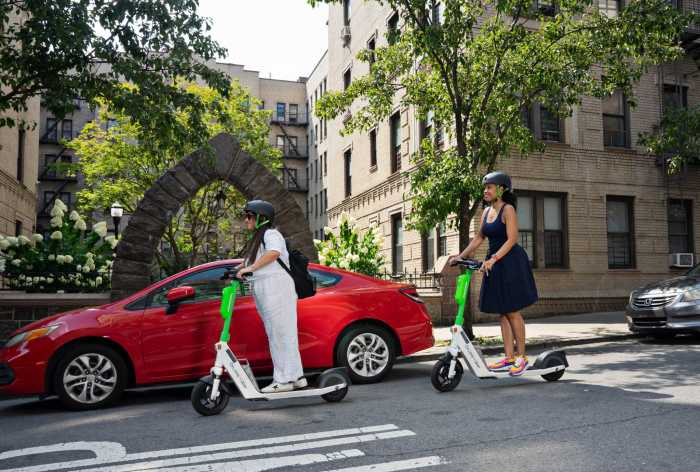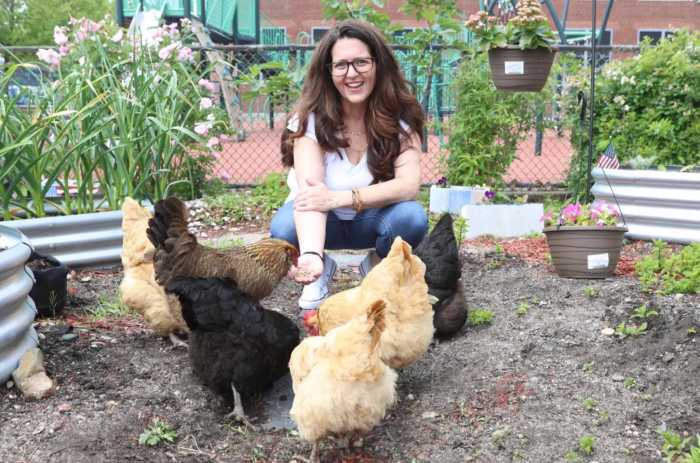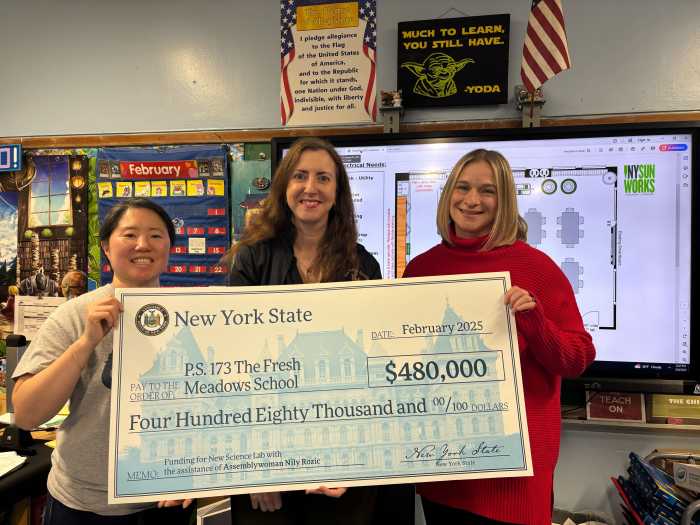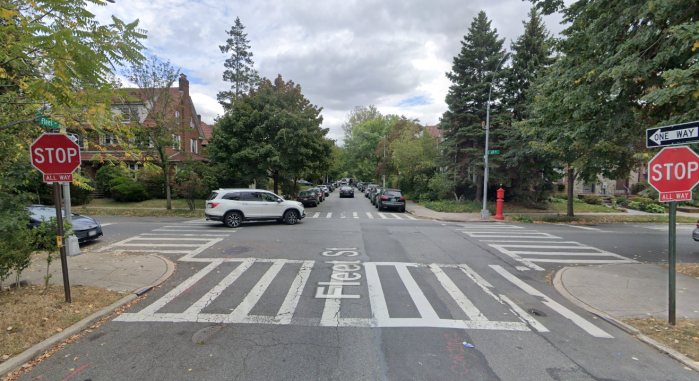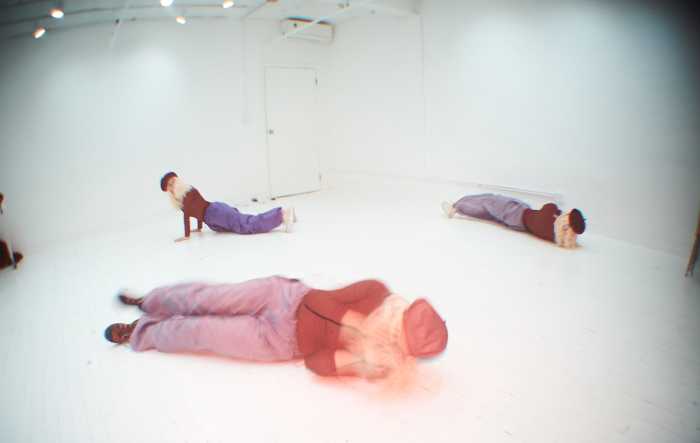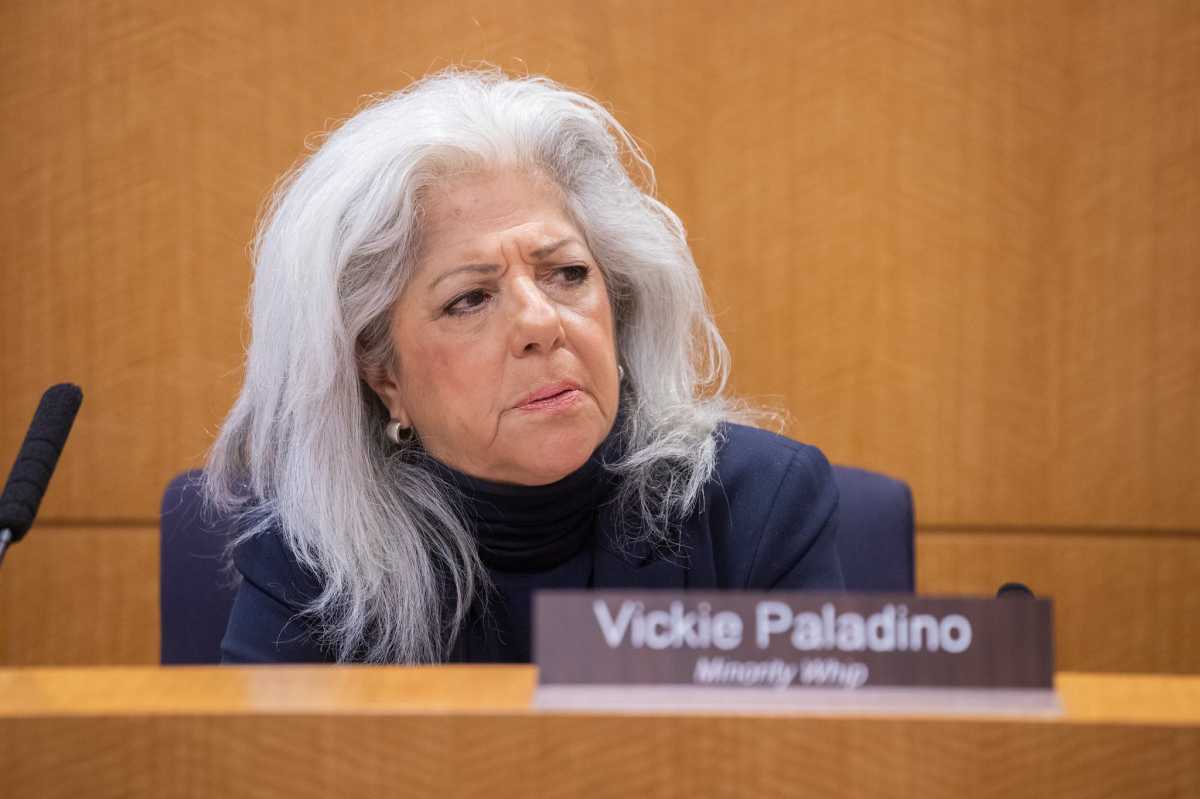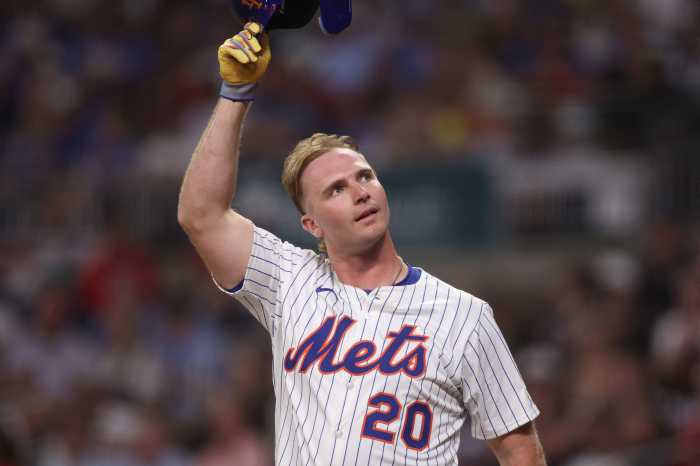Mayor Bill de Blasio came to Queens last week on a whirlwind tour of the five boroughs to usher in his pre-K program for 51,500 children. He and his entourage visited the Home Sweet Home pre-K center in Fresh Meadows, which has been in need of programs for its growing population of 4-year-olds.
The mayor and his wife, Chirlane McCray, became teary early in the day as the couple saw the results of his pledge back in October 2012 to bring pre-K to fruition.
Along the way, De Blasio found himself in a pitched battle with Gov. Andrew Cuomo when the fledgling mayor fought to have the city fund the program and retain control of its future. The tough-minded governor prevailed and had the state provide the money, but de Blasio came away with more than 50,000 seats at 1,655 sites in the city and didn’t have to pick up the tab.
It’s far too early to see what kind of impact the pre-K classes will have on school testing, graduation rates and applications to the city’s select high schools, where black and Hispanic students are underrepresented.
But based on early childhood education research, the greater availability of pre-K for most of the city’s kids should provide vital preparation for the many years of school that follow and introduce the youngest New Yorkers to the wonders of learning.
Queens has some of the most crowded schools in the city and it’s important to reach 4-year-olds in a setting where they can have individual attention before they enter the traditional K-12 system.
The recent test scores on the state exams for eighth-graders in Queens showed a modest improvement with higher-income neighborhoods at the top of the heap and some of the poorer areas of the borough far behind.
The mayor’s pre-K program also could start the process of preparing black, Hispanic and new immigrant students for the city’s elite high schools.
A debate is raging over whether the nine schools should change their admission test, which selects students with the highest scores regardless of gender, color or ethnic background, and add other criteria.
Students with access to tutoring for the tests and those from high-performing public secondary schools have a better shot at gaining a seat, while eighth-graders in some city middle schools have never heard of the test.
Universal pre-K can be a first step in beginning to address these inequities. We hope the mayor’s dream may eventually help to level the playing field — at least somewhat — among Queens’ school districts.

